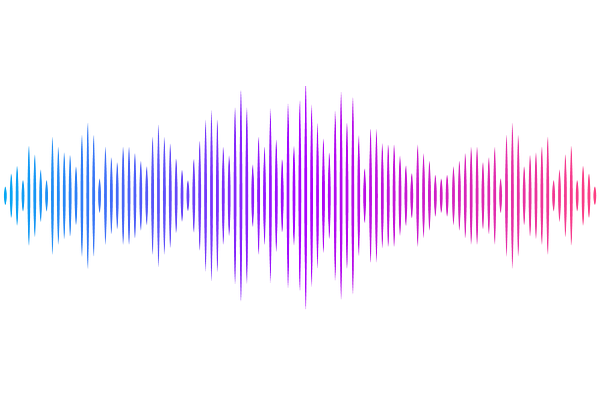Impact of general relativistic accretion on primordial black holes

Impact of general relativistic accretion on primordial black holes
Santabrata Das, Md Riajul Haque, Jitumani Kalita, Rajesh Karmakar, Debaprasad Maity
AbstractWe demonstrate that general relativistic corrections to the accretion of relativistic matter onto primordial black holes (PBHs) can significantly enhance their mass growth during the early Universe. Contrary to previous Newtonian treatments, our analysis reveals that PBH masses can increase by an order of magnitude before evaporation, leading to substantial modifications of their lifetime and cosmological imprints. We quantify the resulting shifts in the minimum PBH mass constrained by Big Bang Nucleosynthesis (BBN), the revised lower bound for PBHs surviving today, and the dark matter parameter space allowed by PBH evaporation. Furthermore, we show that the enhanced accretion alters the high-frequency gravitational wave spectrum from PBH evaporation, potentially within the reach of future detectors. Our results provide a comprehensive, relativistically consistent framework to delineate the role of PBHs in early-universe cosmology and dark matter phenomenology.